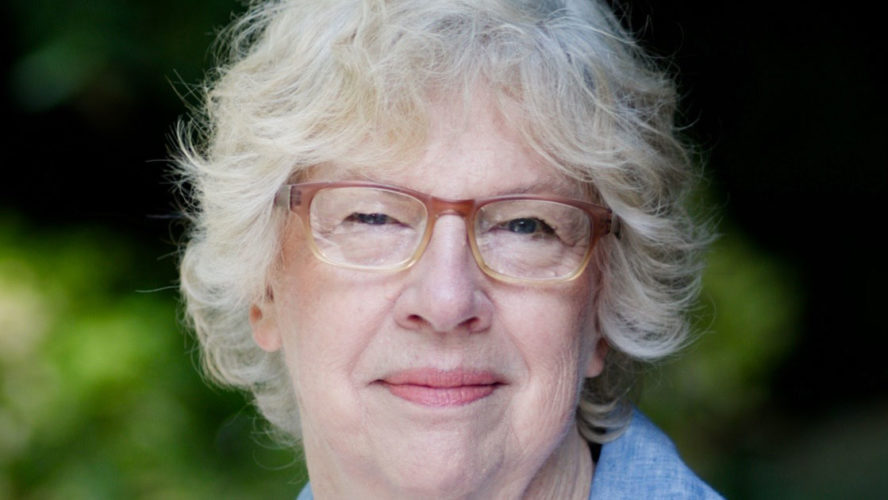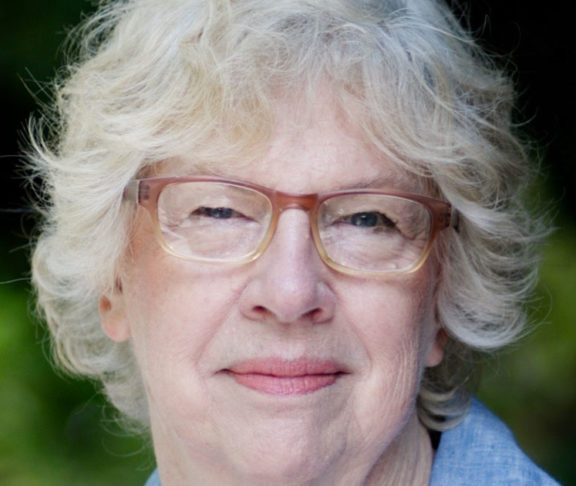Author Barbara Karnes discusses advance directives and other topics that we should address before our final act of living.
In her book, “The Final Act of Living: Reflections of a Long-Time Hospice Nurse,” Karnes discusses advance directives and other topics that we should address before our final act of living.
When my stepfather died, we asked the priest that we had known for years to conduct the funeral. He apologized and said church rules were that he could not do a service in our church because it “wasn’t his church.” He didn’t have a church because he worked in a hospital.
Ultimately, Don’s funeral was in a church that our family used to attend, but it was conducted by a priest we didn’t know and who didn’t know us. It was a cold, impersonal service — an official, traditional church “sendoff” that wasn’t particularly comforting.
Five months later my mother died, and we were again considering funeral options. We definitely didn’t want a reoccurrence of Don’s less-than-comforting experience. My sister and I contacted our hospital priest once again and asked if he could do some kind of a service at the funeral home. He said yes, but that he would be on call that day and may not be available at the last minute, so we should have a backup plan.
Defying conventions
We did just that. As a family we planned what to say, what to read, who should share, and when to open it up for anyone to share. We were so pleased with our finished service that we told the priest we didn’t need him for the service. We would do our own funeral at the mortuary and, if available, would he meet us at the cemetery for an interment blessing? He agreed.
We — a family of daughters and sons, grandchildren, cousins, nieces, and nephews — shared our love and appreciation for the matriarch of the family. We did it our way, with our words and our stories. It was the best funeral I have ever gone to — and I’ve been to many.
We were still grieving Don’s death when my mother Dorothy passed. Coming together with the purpose of planning a funeral service gave us the opportunity to channel our grief in a productive way. It gave us not just something to do together, but a creative outlet for the emotions we were feeling. Not only were we creating something of significance to us, but we were doing it together as a family and as a unit. Most of the time we lived in different states and had different lives. We were bonded by family, but we were separate in living. This was a way of coming together, of rekindling that love and unity that symbolizes family.
Taking control
You really can’t call what we did a home funeral since it wasn’t in any of our homes, but it was an outside of the box funeral. So often in our grief, we do what is expected of us — call a funeral company, have a visitation, perform a church service, or have a memorial service with a picture of the deceased. That is what tradition expects of us. That is how, without thinking about it, we follow burial traditions.
In the last few years, I’ve been hearing about celebration of life parties held in restaurants or bars. Some people even have “before death funerals” where the person has not died yet and attends their own funeral to hear the honors given and celebrate their life. Additionally, in-home bathing of the body, keeping the body at home with no embalming, and in-home visitations are occurring. Choices in how the body is interred, cremated, or otherwise disposed are also broadening.
What is the purpose of my writing this? To suggest that as part of our advance directives, we ask for the kind of service we would like. I’m writing this also to give us all permission to break the rules, to think outside the box, and to find a meaningful way of celebrating a life and saying goodbye.



